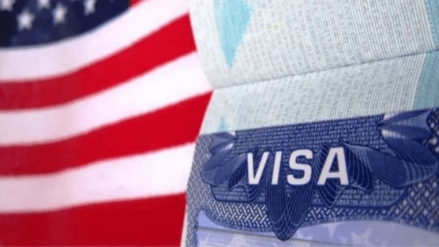The number of eligible registrations for the annual H-1B visa lottery plunged to 343,981 in March 2025 for the FY2026 cycle — a sharp decline from 470,342 the previous year, according to data released by the U.S. Citizenship and Immigration Services (USCIS) on Tuesday. This marks the lowest tally in four years and signals a significant shift in how companies approach the visa program.
The drop comes in the wake of reforms introduced by USCIS to curb the misuse of the lottery system. Now in its second year, the revised rules ensure that each worker has an equal chance of selection, regardless of how many times different employers submit applications on their behalf. The aim was to crack down on duplicate submissions, which previously allowed certain candidates unfair advantage.
This year, duplicate registrations accounted for just over 2% of eligible entries — a dramatic fall from over 50% in FY2025 — indicating that the tighter framework is yielding results. However, the number of individuals with single eligible registrations also decreased, contributing to an overall 26.5% drop in entries compared to last year.
The 2025 selection cycle was also the first to operate under a significantly increased registration fee of $215 per applicant, up from just $10. Despite the decline in applications, the number still far exceeds the annual cap of 85,000 H-1B visas allotted for specialty occupations.
Meanwhile, concerns continue to rise over increasing visa scrutiny. Several H-1B workers returning from India have reported being denied re-entry or facing visa cancellations, including both H-1B and B1 visas, at U.S. ports of entry. These incidents underscore the challenges even legally compliant professionals face amid tightening immigration rules.
The H-1B visa program, widely used by American tech companies to hire skilled foreign talent, remains at the center of U.S. immigration policy debates. First restructured during the Trump administration, the system is undergoing further transformation as authorities strive to balance national interest with workforce needs.
